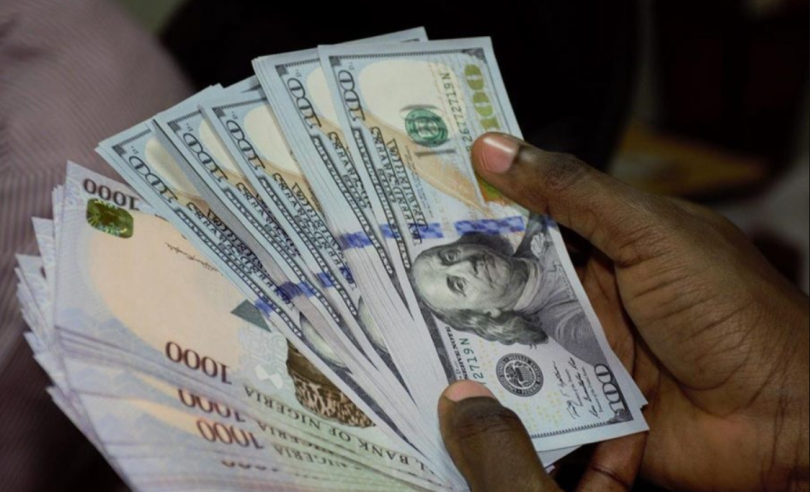Nigeria has recorded its strongest improvement in foreign exchange (FX) accessibility in years, climbing 15 places to rank fourth among African economies where international investors can most easily deploy and repatriate capital, according to the Absa Africa Financial Markets Index 2025.
The report, released recently, attributes Nigeria’s leap to sweeping FX reforms introduced by the Central Bank of Nigeria (CBN) over the past year, including the unification of multiple FX windows, clearance of a $7 billion backlog in outstanding FX obligations, and a gradual phase-out of interventions that previously distorted market dynamics.
“Nigeria stands out as the highest riser following comprehensive FX market reforms,” the report said. “Its Pillar 2 score jumped to 73 from 52 last year, climbing 15 places to fourth.”
The index, developed by Absa Group in partnership with the Official Monetary and Financial Institutions Forum (OMFIF), evaluates the performance of 29 African countries across six pillars—including market depth, access to FX, market transparency, and macroeconomic opportunity—to assess how effectively they attract and retain international investment.
Absa said reforms rolled out across key African markets between June 2024 and June 2025 were aimed at boosting transparency, unifying fragmented systems, and restoring investor confidence. Nigeria’s reforms, it noted, were particularly significant for reversing years of restricted FX access, opaque exchange rate management, and backlogged demand for dollars.
Read also: Naira depreciates across FX markets on slowing liquidity
“FX reforms have been rolled out across several key economies in the year to June 2025. These reforms are designed to boost transparency, unify fragmented systems, and restore trust among investors,” Absa said. “Nigeria led the way, announcing major reforms by the Central Bank of Nigeria.”
President Bola Tinubu’s administration has prioritised market-driven FX liberalisation since mid-2023, a shift that has seen the naira move toward a managed float system.
Analysts say the reforms, while painful in the short term due to currency volatility and inflationary pressures, are improving the long-term outlook for foreign participation in Nigeria’s capital markets, with the market gaining over 45 percent year-to-date.
However, the report also highlights areas of concern. Despite gains in FX access, Nigeria’s performance under Pillar 4, which measures market transparency, regulatory environment, and investor protection, weakened sharply—falling to 18th position from 8th last year.
“Nigeria and Cameroon are among the most affected countries,” the report noted. “Nigeria’s Pillar 4 score dropped to 16 from 35, falling 10 places to 18th. This is mainly due to a decrease in pension fund size and challenging market conditions, including declines in secondary bond trading and new issuances, liquidity issues, and foreign exchange reforms.”
Absa also warned that while the FX reforms are commendable, structural constraints continue to undermine Nigeria’s investment competitiveness. Respondents to the index survey cited persistent issues such as oil dependence, insecurity, and weak institutional capacity as major obstacles.
The 2025 index comes at a time when Nigeria is seeking to restore investor confidence after years of FX scarcity and policy inconsistency that drove away portfolio inflows.
“Improved FX access is expected to attract more long-term capital and support the government’s broader agenda of economic diversification,” Samuel Sule, chief executive officer of Lagos-based research and investment firm Renaissance Capital Africa, said.
Analysts say sustained progress will depend on maintaining policy consistency and deepening market reforms. “Nigeria’s FX reforms have opened a path to recovery,” said one economist familiar with the report.
“But maintaining transparency and liquidity in the FX market will determine whether this progress translates into durable investor confidence.”
With this leap, Nigeria now ranks only behind South Africa, Madagascar, and Mauritius in FX accessibility, highlighting the early impact of its ongoing monetary reforms, even as challenges around liquidity, inflation, and fiscal sustainability continue to test the resilience of Africa’s most populous economy.

